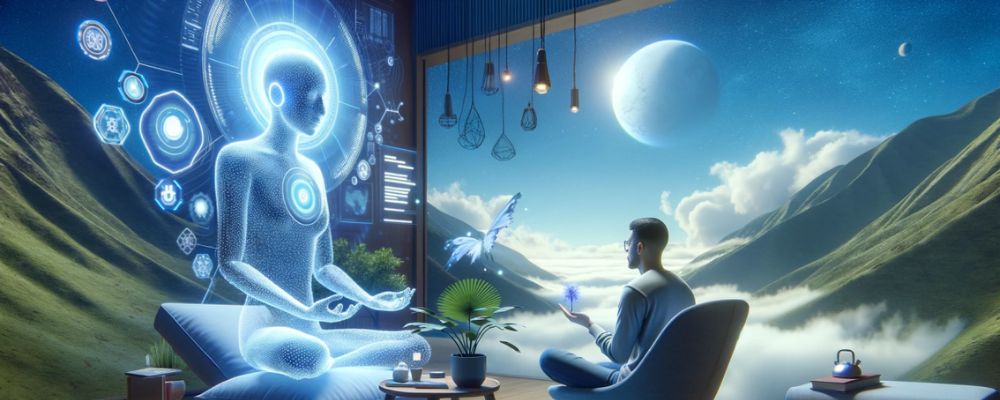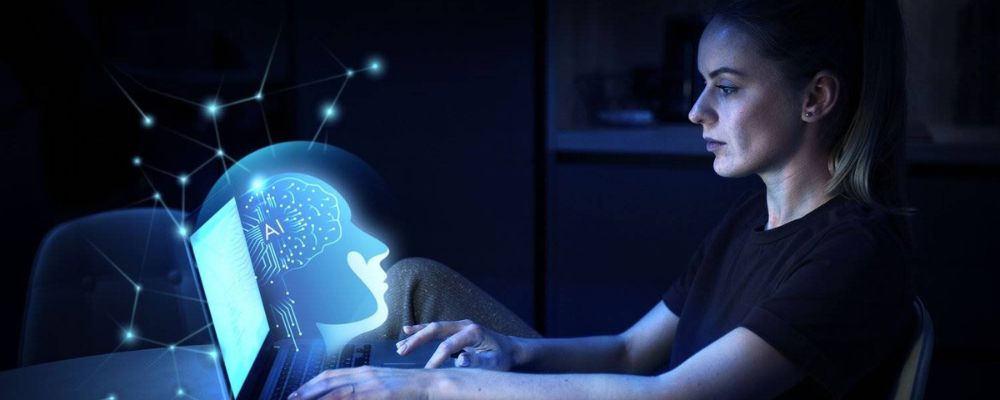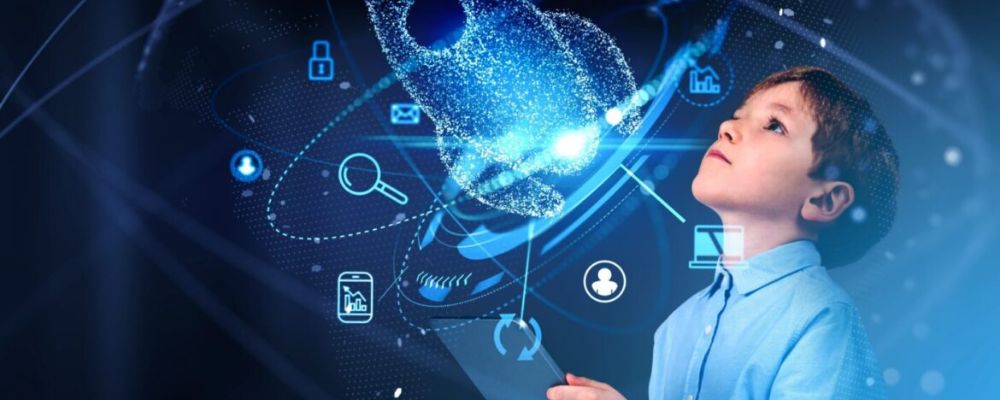
In recent years, artificial intelligence (AI) has revolutionized many sectors, and one of its most exciting applications is in the creation of virtual worlds. These AI-created virtual environments are transforming both therapy and entertainment, offering immersive experiences that were previously unimaginable. This blog delves into how AI is reshaping these fields and the potential it holds for the future.
AI and Virtual Worlds: A New Frontier
How AI Powers Virtual Worlds
AI technologies, including machine learning and natural language processing, are at the heart of creating dynamic and interactive virtual worlds. These AI systems generate environments that adapt and respond to user inputs, creating highly personalized experiences. By leveraging AI algorithms, developers can design worlds that evolve based on individual preferences and interactions, providing a unique experience for each user.
The Role of AI in Therapy
Enhancing Mental Health Treatments
AI-created virtual worlds are becoming increasingly popular in therapy, especially in mental health treatments. Virtual reality (VR) combined with AI can simulate therapeutic environments that help patients confront fears, manage stress, and improve emotional well-being. For instance, exposure therapy can be conducted in a controlled virtual space, allowing patients to face their anxieties in a safe and manageable way.
Examples of AI in Therapeutic Applications
- Virtual Reality Exposure Therapy (VRET): AI enhances VRET by creating realistic simulations of various scenarios, helping patients deal with phobias or PTSD.
- Cognitive Behavioral Therapy (CBT) in Virtual Spaces: AI-driven virtual environments offer interactive CBT sessions, making therapy more engaging and accessible.
The Entertainment Industry Embraces AI-Created Worlds
Revolutionizing Gaming with AI
In the realm of entertainment, AI-created virtual worlds are revolutionizing the gaming industry. Game developers are using AI to create complex and immersive game environments that adapt to player behavior. This leads to richer storytelling, dynamic gameplay, and more engaging experiences. AI-driven game engines analyze player actions and adjust the game world accordingly, offering a personalized gaming journey.
Innovations in Virtual Entertainment
- Procedural Generation: AI algorithms generate vast and varied game worlds, ensuring that each playthrough offers new experiences.
- AI-Powered NPCs: Non-playable characters (NPCs) in AI-created worlds exhibit lifelike behaviors and interactions, enhancing the realism of virtual worlds.
The Future of AI-Created Virtual Worlds
Emerging Trends and Technologies
The future of AI-created virtual worlds looks promising, with several emerging trends on the horizon. Generative AI, for instance, is expected to play a significant role in creating even more sophisticated and interactive virtual environments. Additionally, advancements in AI-driven analytics will enable more personalized and adaptive experiences in both therapy and entertainment.
Challenges and Considerations
While the potential of AI-created virtual worlds is vast, there are challenges to address. Issues such as data privacy, ethical considerations, and the need for responsible AI development are crucial. As technology evolves, it will be important to ensure that AI applications in virtual worlds are used responsibly and ethically.
Conclusion
AI-created virtual worlds are transforming both therapy and entertainment, offering innovative solutions and immersive experiences. From enhancing mental health treatments to revolutionizing gaming, AI is paving the way for new possibilities in virtual environments. As technology continues to advance, the integration of AI in virtual worlds will undoubtedly open up even more exciting opportunities for both therapy and entertainment.






